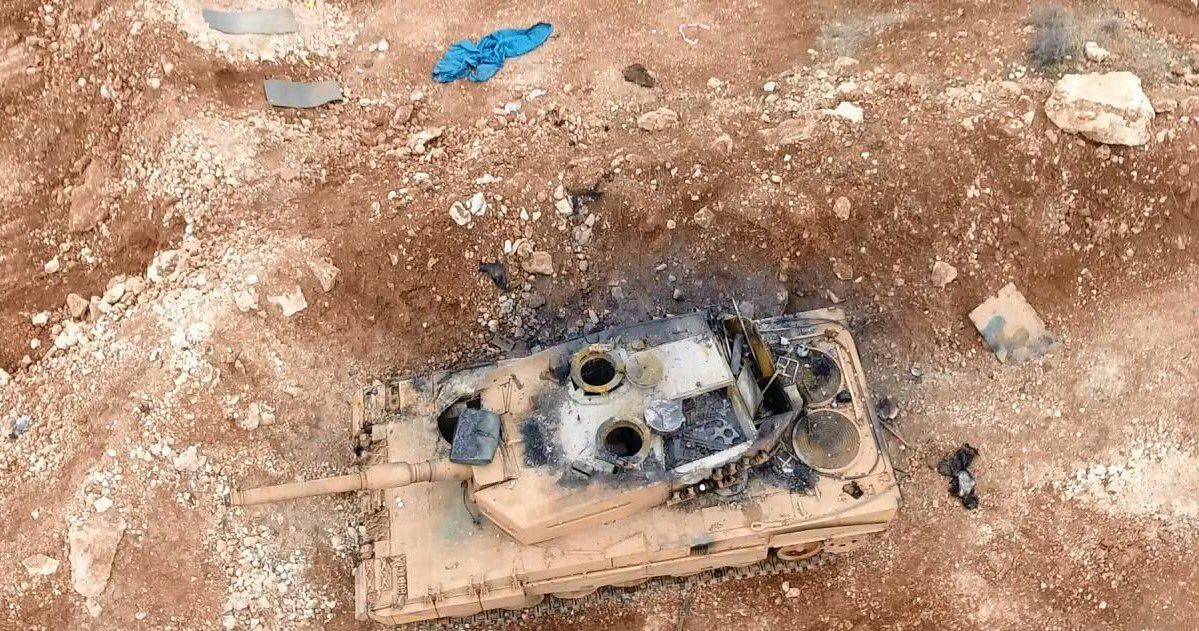Re: Regional geopolitics
Not sure if I like that equation. turkey is trying to model its new policy on our Armenian model. Being close to Russia with “open" Western policy.
I do not mind the new turkish equation as long the kurds will pick up NATO’s favorite child in the region (unlikely). We do not want to lose our geographic importance in regard to Russia.
Things are changing again in the region with unknown consequences to our interest. The best thing could happen would be a full war with turks and kurds INSIDE turkey.
Originally posted by londontsi
View Post
I do not mind the new turkish equation as long the kurds will pick up NATO’s favorite child in the region (unlikely). We do not want to lose our geographic importance in regard to Russia.
Things are changing again in the region with unknown consequences to our interest. The best thing could happen would be a full war with turks and kurds INSIDE turkey.





Comment